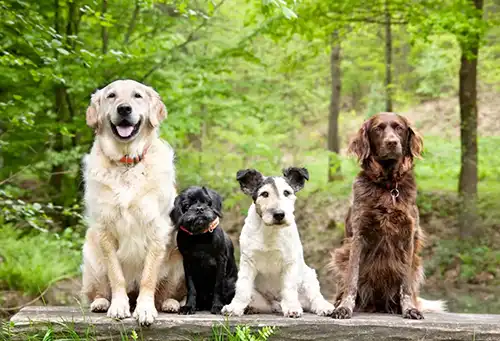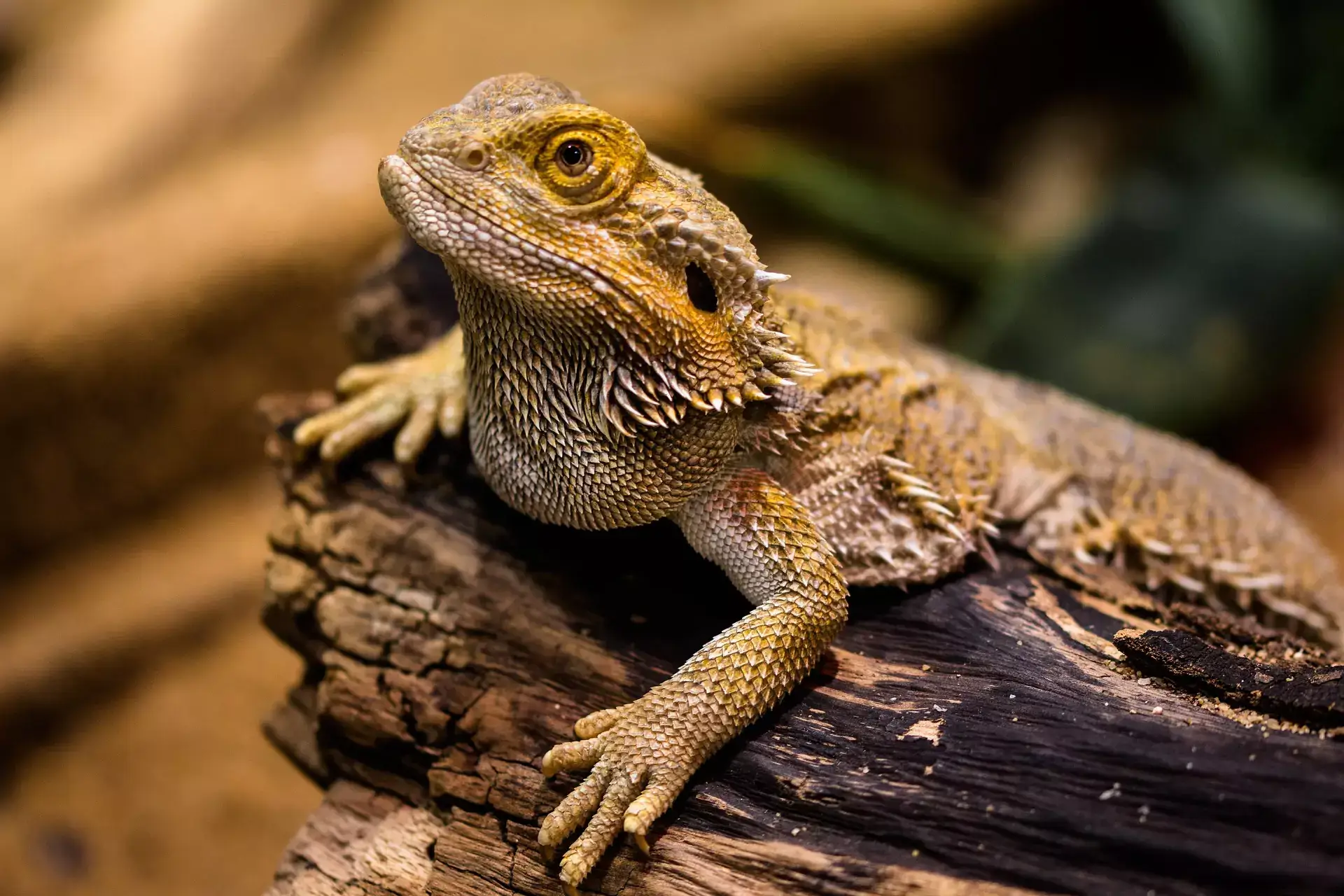Have you ever wanted to feed your dog or cat a grape or raisin? Don’t do it! Grapes and raisins can actually be poisonous to our furry friends. These tiny fruits can be toxic and even cause death in the most serious cases. A local veterinarian offers more information about grape and raisin poisoning in pets below.
Why are grapes and raisins poisonous?
It may be surprising to learn that it isn’t known exactly why grapes and raisins are poisonous to dogs and cats. Some think that a fungal byproduct, called mycotoxin, is the cause. Others believe that pesticides sprayed on the fruit may be responsible. And, to make matters even more confusing, it seems that some pets can eat the fruit without suffering any illness. But, it’s just too risky to feed grapes and raisins to your pet.
What are the symptoms of poisoning?
Signs of grape or raisin poisoning usually show within a few hours after your pet eats the fruit. Clinical symptoms are increased thirst, lethargy, vomiting, and diarrhea. Without treatment, renal failure, known as kidney failure, can occur. Always keep your vet’s phone number in a nearby place so that you can call in the event of an emergency. Bring your pet to the pet clinic immediately if you know or suspect that your dog or cat ingested grapes or raisins.
What’s the treatment?
The goal of treatment is to eliminate the toxin in your pet’s body as quickly as possible. This may be achieved by inducing vomiting, or using activated charcoal to absorb the remaining poison in your pet’s stomach. Dogs and cats that have advanced to kidney failure might need intravenous fluid therapy or blood transfusions in the most extreme cases.
How do I prevent grape and raisin poisoning?
You’ll want to prevent grape or raisin poisoning as much as possible. Fortunately, that’s simple. All you need to do is restrict your pet’s access to these fruits at all times. Leave them in the refrigerator, or closed cabinets or containers, and out of your pet’s reach. Also, be careful of foods that have grapes or raisins, such as desserts or salads.
If you’d like more information about grape and raisin poisoning in pets, contact your local animal clinic!






!Social Media Icons